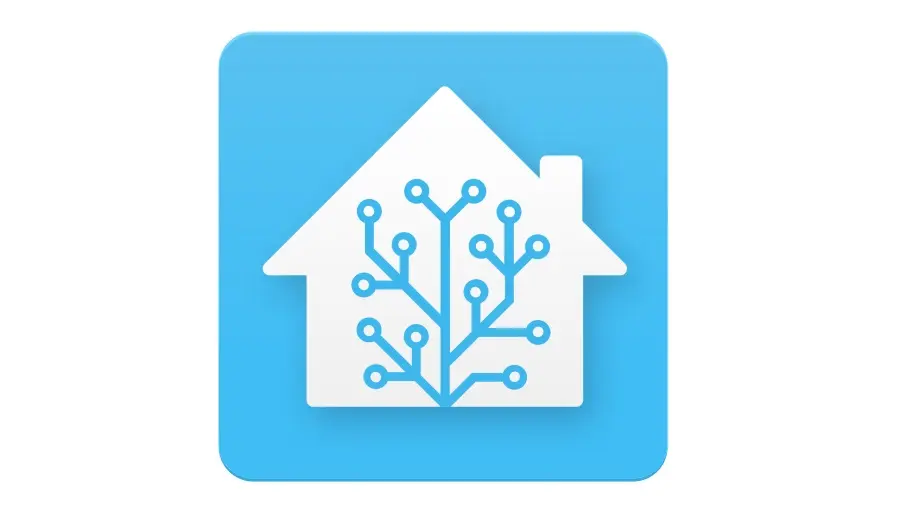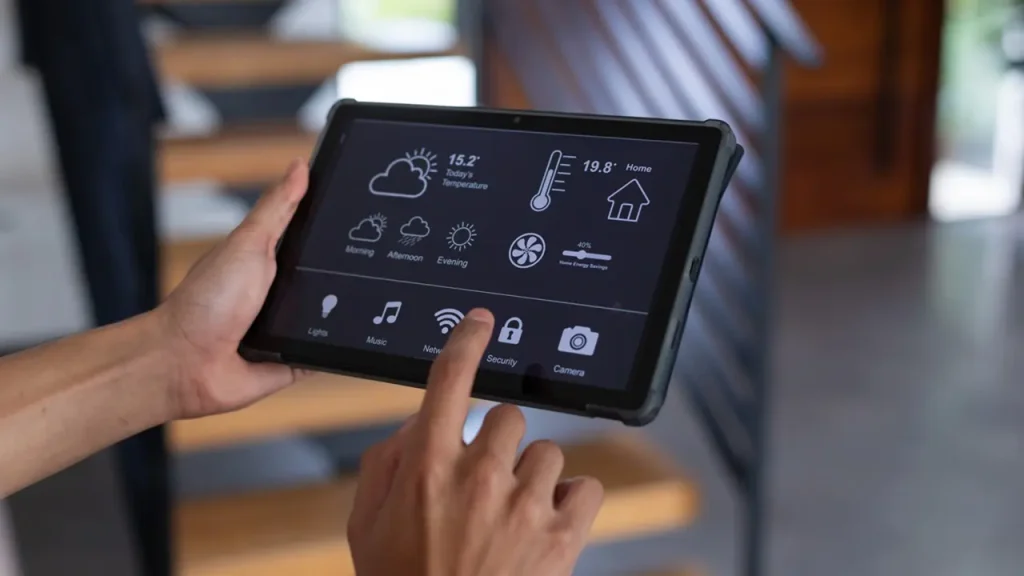There are several ways to make your home smart. For many users, the first step is choosing which assistant to rely on: you have to decide whether to use an Amazon hub to talk to Alexa, or use Google's Assistant, Samsung's solutions or Apple's Homekit to interface with Siri ( to name the main ones). But true smart home enthusiasts have a different approach, based on open source and without limits: Home Assistant.
An undoubtedly versatile choice, which allows you to use many different devices without compatibility problems. But that requires work and decent computer skills to work. Or at least, it required it: Home Assistant has announced that it is joining the Open Home Foundation, a new non-profit organization that will aim to bring the platform into everyone's (smart) homes. Even those who are not experts.
Home Assistant joins the Open Home Foundation for an open and private smart home
Home Assistant uses a very different approach than Amazon Alexa and Google Home. It works locally, without the need to go to the cloud and without giving information and data to any company. And, above all, it allows even devices that are not normally compatible to work together.
However, so far the platform has struggled to reach the mainstream. For good reasons. For now, there is no ready-to-use hub that is easily available. Instead, you often have to install a RaspberryPi, use an old PC or create a virtual machine on your home server — all options that the average user struggles to digest.

 Jeremy Geltman, CC 4.0, via Wikimedia Commons
Jeremy Geltman, CC 4.0, via Wikimedia Commons
But joining the new organization allows you to invest in some initiatives that should make it easier to integrate this platform.
Dedicated hardware and collaborations (plus a simpler interface)
With the arrival of standard Matter (wanted by both Home Assistant and its rival companies) and the increasingly widespread adoption of the smart home, Home Assistant has decided to change gear. If when Paulus Schoutsen programmed the platform it was only an option for programmers and do-it-yourself enthusiasts, now the intention is to make it an alternative to the various Alexa and Google Assistants.
Schoutsen explained to The Verge that there are many initiatives to achieve this goal. From a hardware perspective, the smart home hub Home Assistant Green will arrive on Amazon, a first for the organization. Currently, the selection of stores that can sell the device remains very small, especially in Europe. This device, unlike installing the assistant on an old PC, quickly recognizes the devices connected to your WiFi and works via smartphone app – much more similar to what happens with Amazon, Google or Apple hubs
Additionally, a new hardware device for the is expected to arrive soon voice control of Home Assistant, it seems before the end of the year. And then the association will expand the program Home Assistant Works Withwhich certifies products compatible with the platform: just look at the label on the package, as for Alexa or Google Assistant.


But there are also software innovations. The platform is collaborating with Nvidia to incorporate a local artificial intelligence model in the platform. No use of the cloud, everything works on your local network. And then there is perhaps the most important news: the improvement ofuser interface to make Home Assistant more accessible to all family members.
A ready-to-use assistant
The goal of these efforts is to make Home Assistant a more popular, ready-to-use option for smart home users, transforming it into a real consumer brand. The foundation will also support the development of “best” products for the smart home, with local APIs and built sustainably. A way to avoid being dependent on cloud subscriptions and to keep your data within the walls of your home.
Compared to the launch in 2013, when Home Assistant was just a few lines of code in Python to control Philips Hue lights in a more granular way, it is now a real platform. A platform that, according to Schoutsen, it has “higher values than money. And we are not for sale.”
This isn't to say that Home Assistant doesn't have ways to make money. In addition to selling his own hardware, he also launched the for-profit project Nabu House, which offers cloud control of the platform in exchange for a monthly subscription. But, unlike what happened with SmartThings (now owned by Samsung), enter one non-profit with registered office in Switzerland It prohibits, by law, that anyone can buy Home Assistant.


The platform wants to remain open source and customizable, especially for those who have the skills to program advanced functions. But it feels the need to grow by becoming easier to use. Wants replace Alexa or Google Home among the apps on our phonewithout losing one's “independent spirit”.
Will he be able to do it? This is difficult to know. But the smart home could become a technological challenge ground more open to the market, also thanks to standards like Matter and platforms like Home Assistant, Hubitat and not only that, who try to challenge the tech giants. With the intention, at least, of doing so without distorting oneself.
Stay updated by following us on Google News!
Follow!
Don't miss this week on techgameworld.com
🌍 Earth Day: everyone can make their small contribution to safeguard it
🍿Fallout: all the unanswered questions that Season 2 will have to answer
🛞How to choose summer tires for the summer? Factors to consider
🤯Google fires 28 employees for protests against the Nimbus project in Israel
✒️ Our unmissable Caffellattech newsletter! Sign up here
🎧 But did you know that Fjona also has her own newsletter?! Sign up to SuggeriPODCAST!
📺 You can also find Fjona on RAI Play con Touch – Fingerprint!
💌 Let's solve your heart problems with B1NARY
🎧 Listen to our unmissable podcast Tech life
💸And you can find some interesting offers on Telegram!
















Leave a Reply
View Comments